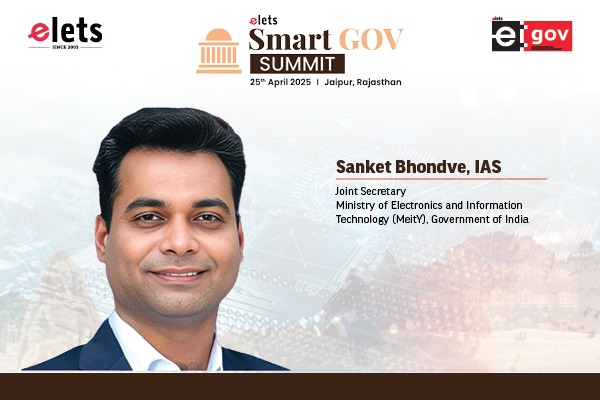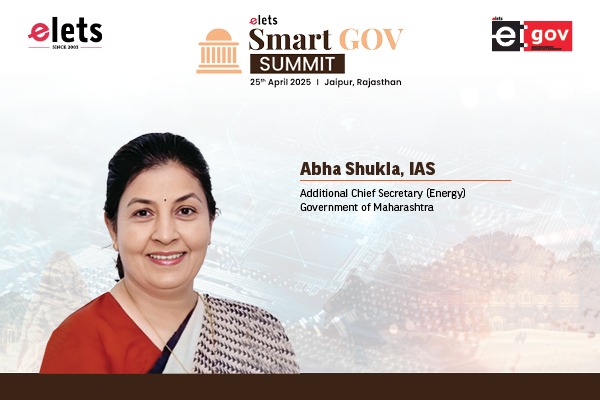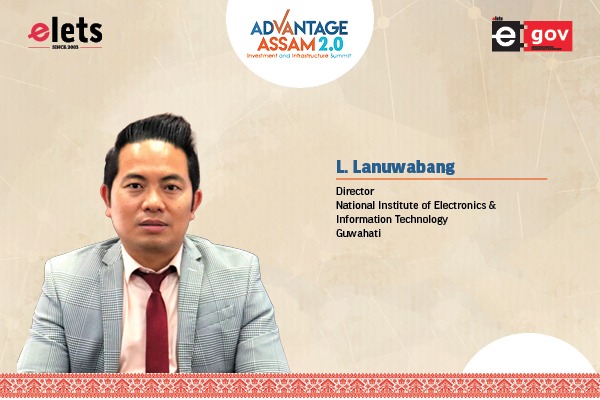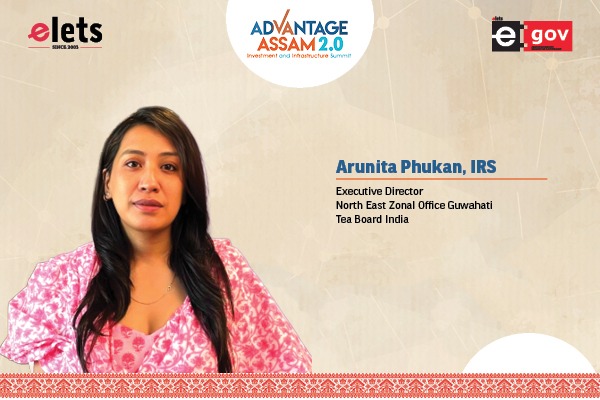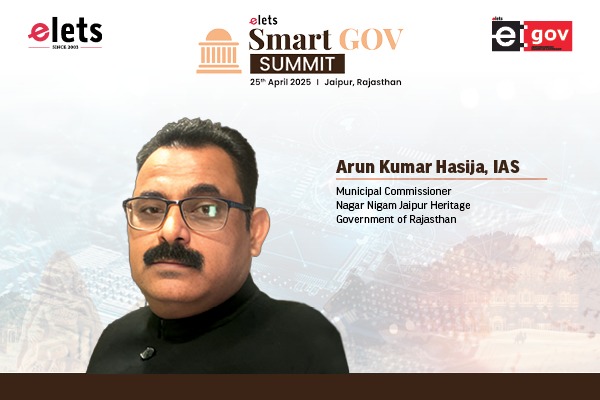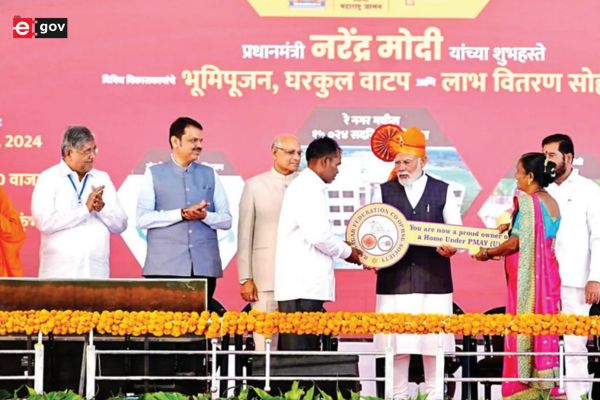
Prime Minister Narendra Modi marked a significant milestone in India’s urban housing initiatives on January 19, 2024, by dedicating over 90,000 houses under the Pradhan Mantri Awas Yojana – Urban (PMAY-U) to the nation in Maharashtra. This event was marked by the inauguration of 15,000 Affordable Housing in Partnership (AHP) houses of the Ray Nagar Housing Society in Solapur. These houses symbolize a beacon of hope, stability, and progress for thousands of families, many of whom belong to economically weaker sections (EWS), such as handloom workers, vendors, power loom workers, rag pickers, bidi workers, and drivers.
A Vision of Shelter and Dignity

The PMAY-U Affordable Housing in Partnership (AHP) project in Solapur is a beacon of hope, stability, and progress for thousands of families. Developed by the Ray Nagar Housing Federation under the Public-Private Partnership (PPP) model, the project costs ₹1811.33 crores and aims to provide 30,000 EWS houses.

The Ray Nagar Housing Society, a key component of this project, will house 15,000 families, symbolizing a significant step towards fulfilling the promise of housing for all. This initiative resonates deeply with many beneficiaries who have long aspired to live in stable, dignified homes.

Solapur’s Role in Urban Transformation

Beyond housing, the Solapur Urban Project encompasses a holistic approach to urban development. Eight AMRUT (Atal Mission for Rejuvenation and Urban Transformation) projects worth approximately ₹2,000 crores are set to rejuvenate Solapur’s urban infrastructure. These projects aim to provide better water supply, sewage systems, and public amenities, thereby improving the quality of life for its residents.
The multifaceted approach underscores the commitment to comprehensive urban development, which addresses housing needs, essential infrastructure, and services.
Supporting Urban Livelihoods
In addition to housing and infrastructure, the Solapur Urban Project includes initiatives to support urban livelihoods. The distribution of instalments under the PM-SVANIDHI scheme to 10,000 beneficiaries in Maharashtra exemplifies efforts to support informal sector workers and boost urban economies by providing affordable loans to street vendors.
A New Paradigm in Urban Governance
The Solapur Urban Project represents a new paradigm in governance focused on delivering tangible results to citizens. It highlights several key areas of progress:
1. Direct Benefit Transfer: Efficient funds transfer directly to beneficiaries’ accounts, reducing corruption.
2. Poverty Alleviation: Lifting millions out of poverty through various government initiatives.
3. Basic Amenities: Provision of toilets and pucca houses to ensure dignity and better living conditions.
4. Healthcare: Introduction of health insurance schemes and affordable medicines.
5. Financial Inclusion: Connecting the poor with the banking system through schemes like Jan Dhan Yojana.
6. Support for MSMEs and Artisans: Schemes to provide loans, training, and modern equipment to traditional craftspeople and artisans.
A Vision for an Atmanirbhar Bharat
Atmanirbhar Bharat is a vision and economic strategy promoted by the Hon’ble Prime Minister Narendra Modi, aiming to make India more self-sufficient and less dependent on imports while boosting its global market competitiveness. Here’s how the Solapur Urban Project and related initiatives contribute to this vision:
l. Focus on Small and Cottage Industries:
- The Solapur Urban Project recognizes the importance of local industries, particularly in sectors like textiles and handlooms, which are significant in Solapur.
- The project aims to improve living conditions for workers in these industries by providing better housing and urban infrastructure, potentially boosting productivity and attracting more skilled labour.
2. One District One Product Scheme:
- This scheme identifies and promotes a unique product from each district of India.
- For Solapur, this could mean highlighting its famous Solapur chaddar (bedsheet) or its handloom products.
- The scheme aims to transform each district into an export hub for its specialized product, thereby boosting local economies and reducing import dependency.
3. Vocal for Local:
- This campaign encourages Indians to buy and promote local products.
- In the context of Solapur, it could mean supporting local textile industries, handloom products, and other locally manufactured goods.
- The improved urban infrastructure from the project can help local businesses operate more efficiently and produce higher-quality products.
4. Make in India:
- This initiative aims to increase manufacturing in India and promote Indian-made products globally.
- The urban development in Solapur can attract more manufacturing units, potentially increasing the production of “Make in India” goods.
Also Read | Maharashtra Housing Initiatives Aim to Ensure Affordable, Sustainable, and Inclusive Living for All
5. Skill Development:
- While not explicitly mentioned in the excerpt, urban development projects often include skill development initiatives.
- This could help local workers, especially in traditional industries like handlooms, to upgrade their skills and produce more competitive products.
6. Improved Infrastructure:
- The AMRUT projects mentioned in the Solapur Urban Project aim to improve basic infrastructure.
- Better infrastructure can lead to more efficient production and transportation of goods, making local products more competitive.
By focusing on these aspects, the Solapur Urban Project contributes to the larger goal of Atmanirbhar Bharat by strengthening local industries, improving production capabilities, and creating an environment conducive to economic growth and self-reliance. This approach aims to make Solapur, and by extension India, more resilient to global economic fluctuations and less dependent on imports for its essential needs.
A Personal Touch: Modi’s Connection to Solapur
Prime Minister Modi shared his connection to Solapur in a moment that resonated deeply with the local audience. He recalled his time in the city during his “Purvashram” (prepolitical life), highlighting the warmth and hospitality he received from the Padmashali families despite their own challenging living conditions. This personal anecdote not only endeared him to the local populace but also underscored his understanding of the struggles faced by the urban poor.
Conclusion: A New Chapter in Urban Development
The inauguration of the PMAY-U project in Solapur marks a significant milestone in India’s journey towards providing dignified housing for all its citizens. It represents not just the fulfilment of a promise but a transformative step in urban development that addresses the multifaceted challenges faced by India’s urban poor.
As the beneficiaries of the Solapur project and thousands of others across Maharashtra prepare to move into their new homes, the event stands as a testament to the power of focused governance and the impact of well-implemented welfare schemes. It signals a new dawn for Maharashtra’s housing sector and sets a benchmark for similar initiatives nationwide.
With its blend of emotional resonance, policy implementation, and vision for the future, Prime Minister Modi’s address in Solapur encapsulated the essence of his government’s approach to development – one that seeks to touch lives, transform communities, and build a stronger, more resilient India. As the nation moves forward, the success of projects like these will undoubtedly play a crucial role in shaping the urban landscape and improving the quality of life for millions of Indians.
Be a part of Elets Collaborative Initiatives. Join Us for Upcoming Events and explore business opportunities. Like us on Facebook , connect with us on LinkedIn and follow us on Twitter, Instagram.
"Exciting news! Elets technomedia is now on WhatsApp Channels Subscribe today by clicking the link and stay updated with the latest insights!" Click here!





